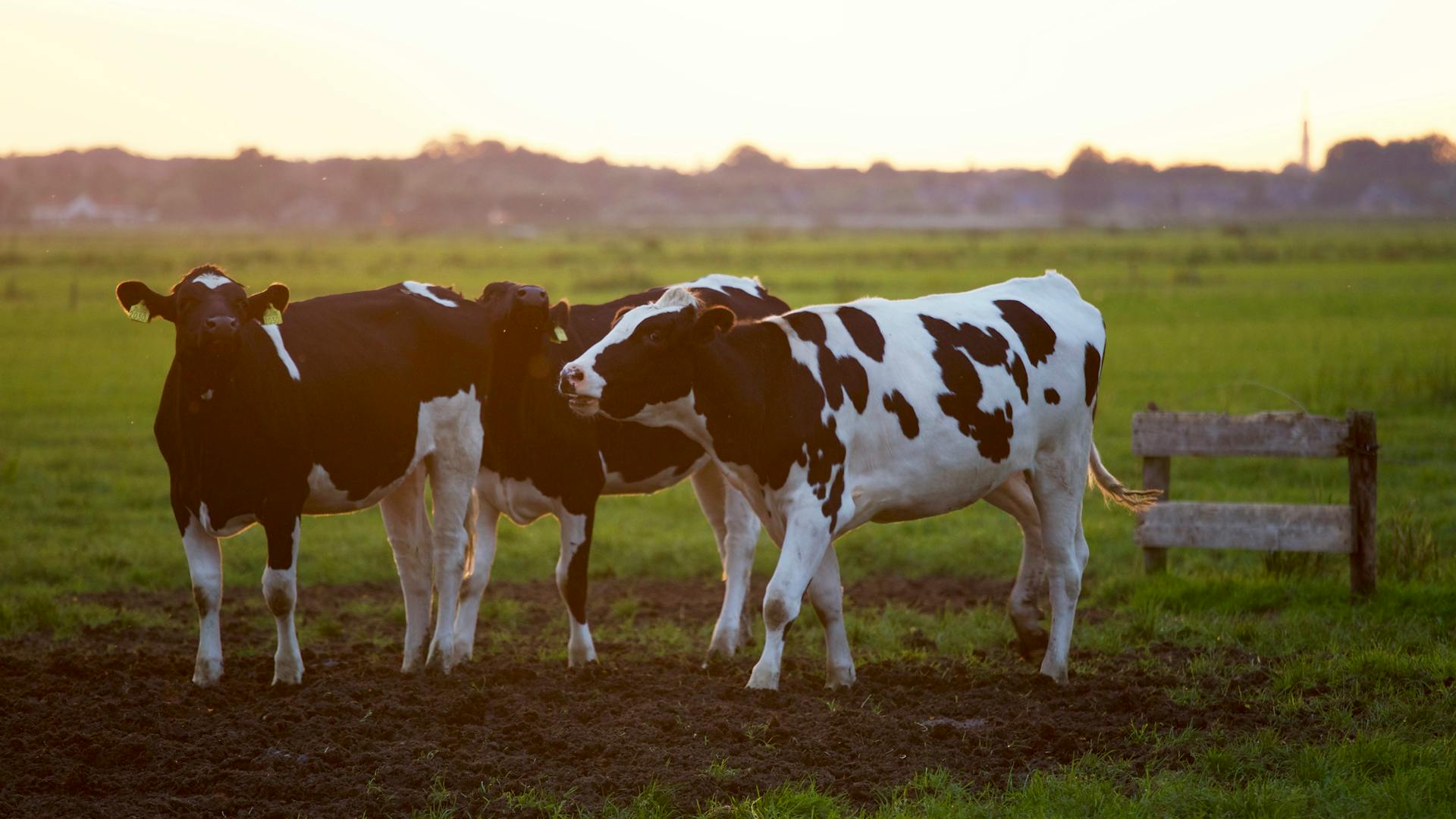The Impossible Burger: Redefining the Future of Plant-Based Meat

It is a plant-based patty that aims to replicate the taste, texture, and experience of a traditional beef burger, but with a fraction of the environmental footprint. Developed by Impossible Foods, a company dedicated to creating sustainable food solutions, the famous vegan burger has quickly gained popularity among health-conscious consumers, environmentalists, and those seeking a more ethical and compassionate approach to their dietary choices.
The Rise of Plant-Based Meat Alternatives
The rise of plant-based meat alternatives has been driven by a growing awareness of the environmental and ethical concerns associated with traditional meat production. The livestock industry has been identified as a significant contributor to greenhouse gas emissions, deforestation, and water scarcity, prompting a search for more sustainable alternatives.
Plant-based meat alternatives have emerged as a promising solution, offering a way to satisfy the demand for meat-like products while reducing the environmental impact. These alternatives are made from a variety of plant-based ingredients, such as soy, pea protein, or even genetically engineered yeast, to mimic the taste and texture of traditional meat.
What Makes the Impossible Burger Unique?
This famous burger stands out among the growing number of plant-based meat alternatives due to its unique approach and innovative technology. Unlike many other plant-based burgers that rely on a combination of ingredients to achieve a meat-like texture, the Impossible Burger is made with a key ingredient: heme.
Heme is a molecule found in animal muscle that is responsible for the distinctive taste and aroma of meat. Impossible Foods has developed a way to produce heme from genetically engineered yeast, allowing them to create a plant-based burger that closely resembles the experience of eating a traditional beef burger.
This attention to detail, combined with a focus on replicating the sensory experience of meat, has made the Impossible Burger a standout in the plant-based meat market.
Also read: The Legacy of Momofuku Ando: The Brilliant Mind Behind the Invention of Noodles
The Science Behind the Famous Vegan Burger
The development of the Impossible Burger is the result of extensive scientific research and innovation. Impossible Foods has assembled a team of scientists, engineers, and food technologists who have worked tirelessly to understand the complex chemistry and biology of meat and to recreate it using plant-based ingredients.
At the heart of the Impossible Burger’s formulation is the use of heme, a molecule that is found in both animal and plant-based sources. Impossible Foods has developed a way to produce heme from genetically engineered yeast, which is then combined with other plant-based ingredients to create a burger that mimics the taste, texture, and aroma of traditional beef.
The company has also focused on replicating the mouthfeel and juiciness of a traditional burger, using a combination of plant-based fats and binders to achieve the desired texture and mouthfeel.
Nutritional Benefits
One of the key advantages of the Impossible Burger is its nutritional profile. While traditional beef burgers are often high in saturated fat and cholesterol, the Impossible Burger is designed to provide a more balanced and healthier alternative.
The famous vegan burger is a good source of protein, containing 19 grams of protein per serving, which is comparable to a traditional beef burger. However, the Impossible Burger is entirely free of cholesterol and contains significantly less saturated fat than its meat-based counterpart.
Additionally, the Impossible Burger is fortified with a range of essential vitamins and minerals, including vitamin B12, iron, and zinc, making it a nutritious choice for those looking to reduce their meat consumption while maintaining a balanced diet.
Also read: Say Cheese! The Ultimate Guide to Crafting Vegan Cheese Delights
Environmental Impact

One of the primary motivations behind the development of the Impossible Burger is its potential to reduce the environmental impact of traditional meat production. The livestock industry is a significant contributor to greenhouse gas emissions, deforestation, and water scarcity, and the Impossible Burger offers a way to address these concerns.
According to Impossible Foods, the production of their famous vegan burger requires 87% less water, 96% less land, and generates 89% fewer greenhouse gas emissions compared to the production of a traditional beef burger. This significant reduction in environmental impact is achieved through the use of plant-based ingredients and the elimination of the need for raising and slaughtering animals.
By providing a more sustainable alternative to traditional meat, the famous vegan burger has the potential to play a crucial role in mitigating the environmental challenges associated with the livestock industry.
Consumer Response and Popularity of the Impossible Burger
The delicious plant-based burger has garnered significant attention and acclaim since its introduction to the market. Initially launched in select restaurants in 2016, the Impossible Burger has since expanded its reach, becoming available in grocery stores and fast-food chains across the United States and beyond.
The consumer response to the Impossible Burger has been overwhelmingly positive, with many people praising the product’s ability to replicate the taste and texture of a traditional beef burger. The Impossible Burger has been embraced by both vegetarians and meat-eaters alike, who appreciate the product’s ability to satisfy their cravings for a burger-like experience while aligning with their personal values and dietary preferences.
The Impossible Burger’s popularity has also been fueled by its inclusion on the menus of major fast-food chains, such as Burger King and Qdoba, further expanding its reach and accessibility to a wider consumer base.
Also read: Satisfy Your Cravings with Delicious and Healthy Vegan Snacks
The Impossible Burger vs. Traditional Meat

The Impossible Burger and traditional meat-based burgers offer distinct advantages and disadvantages, each catering to different consumer preferences and needs.
Traditional beef burgers are often associated with a more authentic and familiar taste, as well as a higher protein content. However, they also come with the environmental and ethical concerns associated with the livestock industry, as well as potential health risks related to high saturated fat and cholesterol levels.
In contrast, the plant-based burger provides a more sustainable and potentially healthier alternative, with a similar taste and texture to traditional beef burgers. While the Impossible Burger may not match the protein content of a beef burger, it offers a more balanced nutritional profile and a significantly reduced environmental impact.
Ultimately, the choice between the vegan burger and traditional meat-based burgers comes down to individual preferences, dietary needs, and personal values. Both options have their merits, and the rise of the Impossible Burger has provided consumers with a compelling alternative to consider.
Challenges and Controversies
While the Impossible Burger has been widely praised for its innovative approach and environmental benefits, it has also faced some challenges and controversies.
One of the primary concerns surrounding the Impossible Burger is the use of genetically engineered heme, the key ingredient that gives the burger its meat-like taste and aroma. Some consumers and advocacy groups have raised concerns about the safety and ethical implications of using genetically modified organisms (GMOs) in food products.
Additionally, the Impossible Burger has faced scrutiny from the U.S. Food and Drug Administration (FDA) regarding the safety and labeling of its products. The company has had to navigate regulatory hurdles and address concerns raised by the FDA, which has led to delays and changes in the product’s formulation and marketing.
Another challenge facing the Impossible Burger is the perception of its affordability and accessibility. While the company has made efforts to expand its distribution and bring down the cost of its products, the Impossible Burger is still generally more expensive than traditional meat-based burgers, potentially limiting its accessibility to certain consumer segments.
Despite these challenges, the Impossible Burger has continued to gain momentum and popularity, as the company works to address concerns and expand its reach.
The Future of Plant-Based Meat and the Impossible Burger
As the demand for sustainable and ethical food options continues to grow, the future of plant-based meat alternatives, including the Impossible Burger, looks promising.
Impossible Foods, the company behind the famous vegan burger, has ambitious plans to expand its product line and continue innovating in the plant-based meat space. The company is already working on developing new and improved versions of the Impossible Burger, as well as exploring the potential of other plant-based meat alternatives, such as pork and chicken.
Moreover, the success of the famous vegan burger has inspired a wave of competition and innovation in the plant-based meat market. Other companies, such as Beyond Meat and Lightlife, have also introduced their own plant-based burger products, driving further advancements and diversification in the industry.
As consumer awareness and demand for sustainable food options continue to rise, the future of the plant-based meat alternatives is likely to be shaped by ongoing technological advancements, regulatory changes, and evolving consumer preferences.
Conclusion
The plant-based burger represents a remarkable step forward in the quest for more sustainable and ethical food solutions. By redefining the future of plant-based meat, the Impossible Burger has captured the imagination of consumers and industry experts alike, offering a compelling alternative to traditional beef burgers.
Through its innovative use of technology, focus on replicating the sensory experience of meat, and commitment to reducing environmental impact, the famous plant-based burger has positioned itself as a trailblazer in the plant-based meat market. As the demand for sustainable food options continues to grow, the Impossible Burger and other plant-based meat alternatives are poised to play an increasingly important role in shaping the future of our food system.




